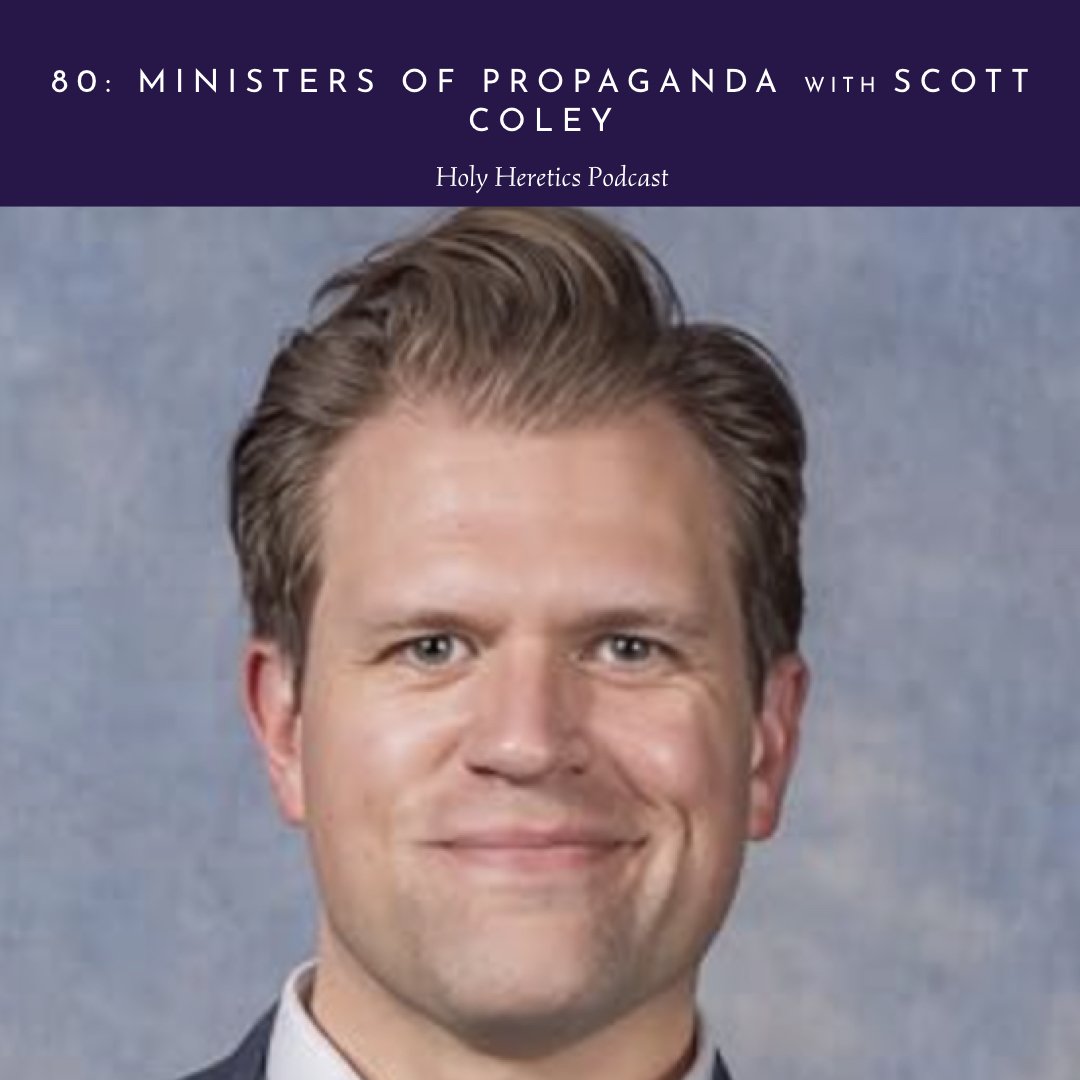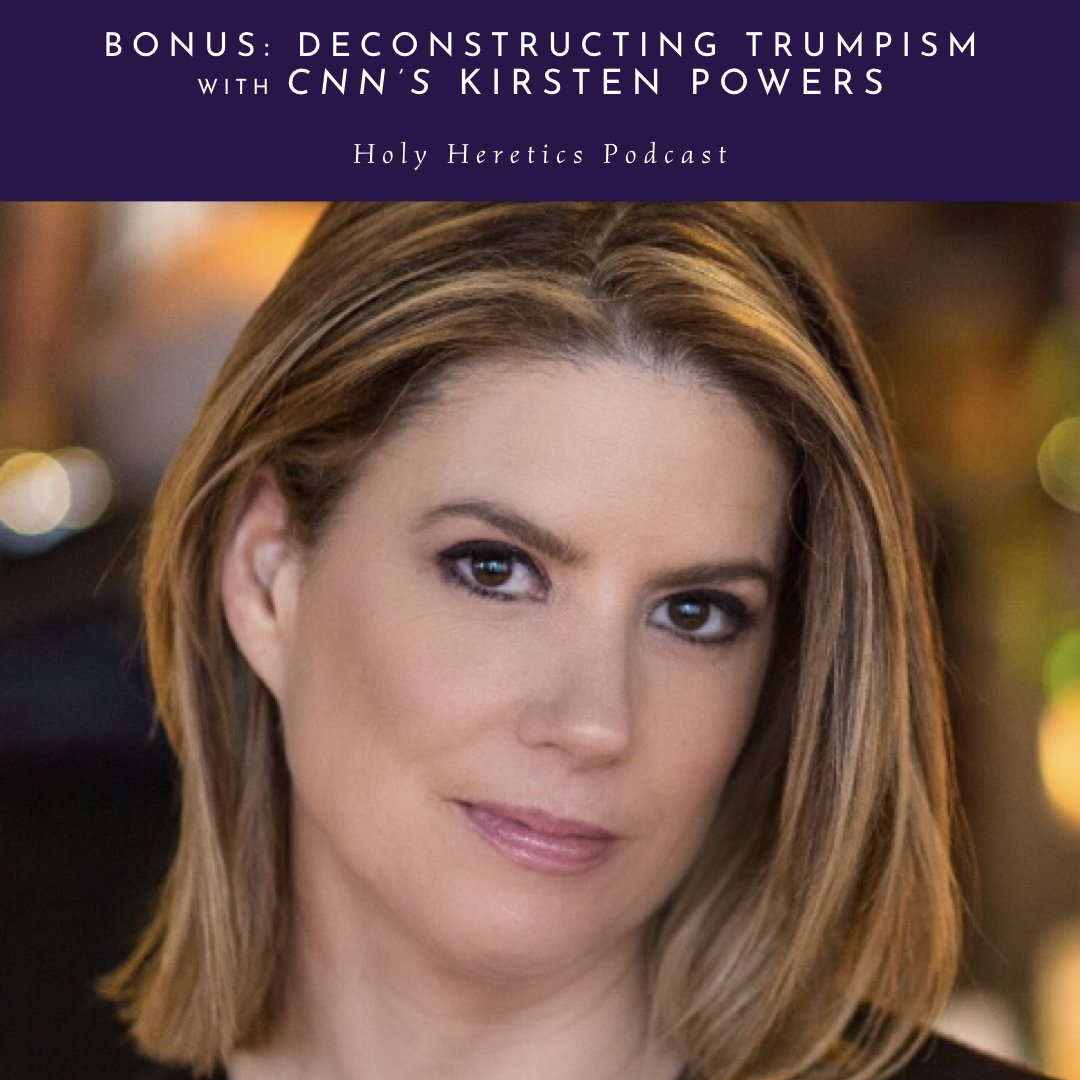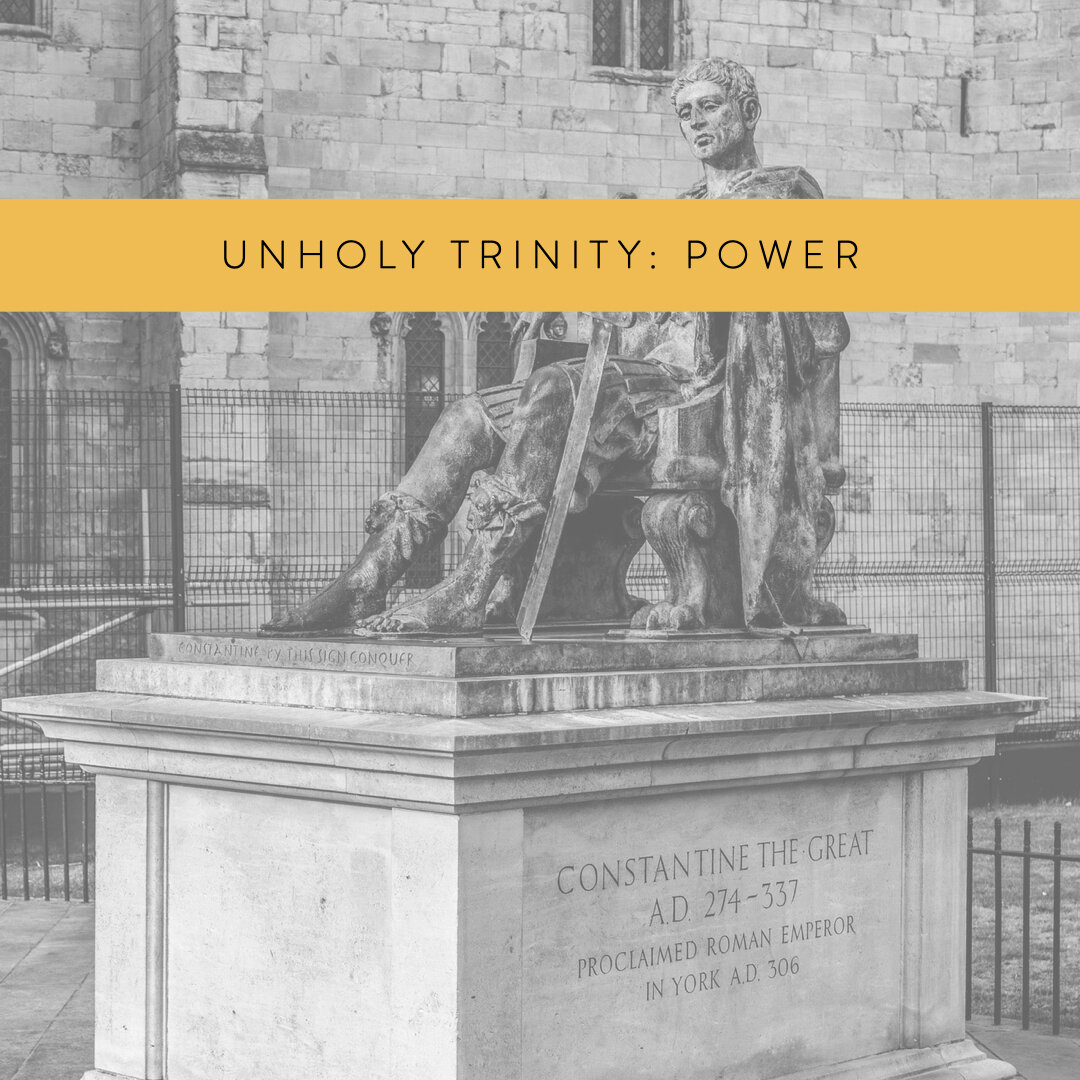The Curious Supreme Court Case of Donald Trump
Psychiatrists, political pundits, and business associates have been studying Donald Trump since the late 1980’s. He continues to be an enigma, an outlier, an aberrant personality, a man almost completely bereft of meaning and morality. He lives in an alternative universe of his own making. Worse still, he now owns the Supreme Court. Their recent ruling giving him immunity for crimes he committed during his presidency will bolster his authoritarian claims on American democracy. Much like Adolf Hitler, he has no interest in art, beauty, or culture, except for a flair for the ugly. His comb-over hair, spray-on tan, and long ties lack any sense of style. Give him a toothbrush mustache and you could hardly tell the difference between the two. Even the gaudy décor of his homes is hideous. “The Louis XIV furniture, the gold door, the gilded house. In his mind, his garish architectural style represents money and power and palaces and masculinity, which are all elements of authoritarian culture,” writes Marla Stone, a professor at Occidental College.
Trump is a convicted felon, sexual offender, huckster, con artist, failed insurrectionist, and crook, yet millions of Christians trust him with their very lives. Like Hitler, who maintained cult-like messiahship over his conservative followers, Trump can now murder someone on Fifth Avenue and not be guilty of his crime. All thanks to evangelical Christians and their Christian Nationalist Supreme Court. How tragic that the name of Christ has anything to do with this man and his movement.
So, who is he? Or rather, WHY is he?
One of my friends has an interesting theory about Donald Trump. She believes he might be an addict. Knowing my involvement in the recovery community, she recently asked, “It just hit me recently that the Deceiver (Trump) acts like an addict; what do you think Gary Alan?”
It was a great question, one I had never considered until that moment. My initial response was “No, I think he is simply a malevolent narcissist.” I grew up in a narcissistic home, and watching Trump on the daily is triggering. Condescension, exaggeration, pettiness, bullying, fragile self-esteem, the need to be admired, and an ‘us vs them’ mentality rules his life. He is a walking void, a bona fide imbecile, a man utterly incapable of feeling anything beyond rage, lust, or hatred. He exhibits sociopathic behavior. Cruelty, not compassion, drive his every decision. The New Yorker’s Mark Singer described his life as, “An existence unmolested by the rumbling of a soul.” But an addict?
The more I considered her question the more it made sense. Trump is highly impulsive, he refuses help of any kind, he is riddled with anxiety, he lacks any semblance of self-awareness, he refuses to take responsibility for his actions, he is reactionary, he could care less about consequences, and he blames others for his failures. His prime motivation is resentment. Plus, he lies about everything.
Like people in active addiction, Trump is constantly irritated. He is motivated by revenge. Researchers have proven that your brain on grievance looks a lot like your brain on drugs. In fact, brain imaging studies show that harboring a grievance or resentment activates the same neural reward circuitry as narcotics. In this way, Trump is addicted to revenge. Anyone who threatens his unfettered desire to steal, grab, own, molest, and covet anything and anyone he wants is his eternal enemy.
However, he is most certainly not in recovery from addiction. I find most people in recovery to be incredibly gentle, compassionate, and empathetic because they know how much pain they have caused to others and themselves. Trump lacks all those attributes.
Is he an addict? He could be. Or, maybe he is just a petulant child, someone forever stuck in high school as the mean girl. After all, he is a bully. He openly mocked a disabled reporter. He treats women like dirt. In his eyes, his wives are nothing more than blow up dolls. When he doesn't get his way, he cries and whines. He must be the center of the nation’s attention. Unable to tell truth from fiction, he is grandiose and self-centered. With no understanding of consent, he ignores sexual boundaries. His diet consists almost exclusively of fast-food. He orders steak well done with a side of ketchup, something only a kid would do.
However, there is more to Trump than childish behavior. He is a character of his own making, a hideous antagonist, a persona that is almost nonhuman, without a narrative identity. “More than even Ronald Reagan, Trump seems supremely cognizant of the fact that he is always acting. He moves through life like a man who knows he is always being observed,” writes The Atlantic’s Dan P. McAdams.
As human beings, we find meaning through story and context. We know who we are based on where we’ve been and where we are going. All sentient beings are on the same journey. We are born, we grow, mature, decline, die, and are reborn as a new creation. The universe itself is modeling this exact story—it had a beginning, a season of expansion, and will one day decline, die, and birth a new beginning. To be filled with the gift of life means you are somewhere along this story arch, with a known history and a predictable future. When we pause to study the “life” of Donald Trump, he seems to exist outside this universal pattern. Trump lives like an actor in a syndicated television drama, moving through life in what McAdams calls his episodic persona:
“Donald Trump simply has no narrative identity. He lives outside of time and narrative, like no other person I have ever encountered. He is the episodic man—living forever in the combative moment, striving to win each moment, moment by moment, episode by discrete episode…Trump has no narrative identity at all, or at best, he has a starkly depleted one. Trump does not see himself as a developing person who moves through time. The past has no purchase on him, and the future has no pull. Instead, he lives in the exuberantly combative moment, fighting like a boxer to win the round, fighting furiously as if it were the last round he will ever fight. The moments—the rounds, the episodes, the discrete scenes that would comprise a story if he had a life story—do not add up. They do not build in his mind to form a plot. The protagonist of this non-story never changes, never learns anything, never carries anything forward from one scene to the next…Trump’s episodic approach to life frees him from the moral and normative conventions that constrain other human beings. It does not matter to Trump if what he says today blatantly contradicts what he said yesterday, or what he will say tomorrow. Critics can claim that Trump lies constantly (which is true), but “truth” for Trump is purely transactional, just like his relationships with people. Trump’s total embrace of the moment has always worked to his advantage, both in business and politics. For instance, his episodic nature gives him tremendous authenticity in the eyes of his millions of devoted fans. When they encounter Trump at a rally or watch him at a news conference, they know that he is ALL HERE NOW. He is not hiding anything. He is not planning the future or trying to stay consistent with the past. Even if every sentence that comes out of his mouth is a falsehood, he is telling it the way it is right now, in the moment, what he believes he needs to say in order to win the moment. It is shameless. It is primal. Unexpurgated, unmediated, completely divorced from doubt or reason or the need to be consistent and truthful in the long run, Trump erupts with what currently captures his consciousness, the unfiltered expression of his wholehearted embrace of the moment. Like an impulsive, angry child. Or a wild beast.”
Trump seems to live outside of time, consequences, relationship, and connectivity. A product of consumer society, his life consists of living, dying, and buying. He is the manifestation of the unexamined life, a life according to Socrates, that is not worth living. “The more we try to ground our identities in external possessions or triumphs, the more we plaster our names on everything we can accumulate, the more we cling to surface and style, the less we find underneath,” writes Jesuit priest John F. Kavanaugh. Trump is the personification of the American id, a walking caricature of our screen-based, image-driven, consumer culture. Like him, most Americans display a terrible absence of anything real. There’s just not much there beyond a highly curated image. To paraphrase Mark Noll, the problem with the American inner life is there isn’t much to the American inner life.
In a Trumpian world where everything is up for sale and everybody is pimping their personal brand, our very lives are commodities. We are nothing more than what we eat, what we own, who we sexually conquer, and what we buy. Trump, like the average American, is a lost interior person whose obsession with his external self has become self-destructive.
In a way, American culture created this monster, this child, this malignant narcissist because our nation is addicted to winning, to being on top, to domination, to the commodification and consumption of people, places, and things. If nations had Enneagram numbers, the United States would be an unhealthy 3. In our era of fraud, corruption, greed, self-promotion, consumption, late-stage capitalism, the urge to be famous, and the relentless celebration of image over substance, it’s no wonder Trump is the savior of this fucked up country.
In John Kavanaugh’s 1981 book Following Christ in a Consumer Society, a then business associate shares this about Trump. “He is a kind of black hole in space, which cannot be filled no matter what he does. Looking toward the future, Trump will build bigger and bigger projects in his attempts to fill this hole but finally ending, like Howard Hughes, a multi-billionaire living all alone in one room.” That one room just might be a jail cell or a psychiatric ward. Let’s hope it is not the Oval Office.
I don’t know if Trump is a narcissist, an addict, a child, or a monster, but just as he is the personal expression of American culture, he is also the essence of contemporary evangelicalism. Jerry Falwell Jr. dubbed him the “ideal evangelical president.” In his distilled, episodic essence, he is the materialization of this viscous religious movement. If you want to know what evangelicals believe, look at what Trump values. Evangelicals love Trump because he hates the same people they do—the poor, LGBTQIA persons, People of Color, liberals, immigrants, and women. Like Trump, evangelicals almost universally lack an interior life. Why be contemplative when you can be certain?
Whatever Trump is, he is the living parody of everything our consumer society and evangelical subculture has created him to be—lifeless, lacking in self-control, externally focused, power-driven, predatorial, and incapable of compassion.
Historians will study Donald Trump’s aberrant personality in the decades to come. Like Adolf Hitler, he will still be an enigma, a cautionary tale for future generations. But for now, he is our present, the culmination of all our evils, hubris, and self-destruction. Until someone locks him away for good or votes him into oblivion, we are trapped in one of his episodes. And given the recent Supreme Court ruling, not all of us will make it out alive.
Gary Alan Taylor










MAGA Christians are cruel because the MAGA cult is cruel; and MAGA Christians are cruel because cruel people tend to become MAGA members.